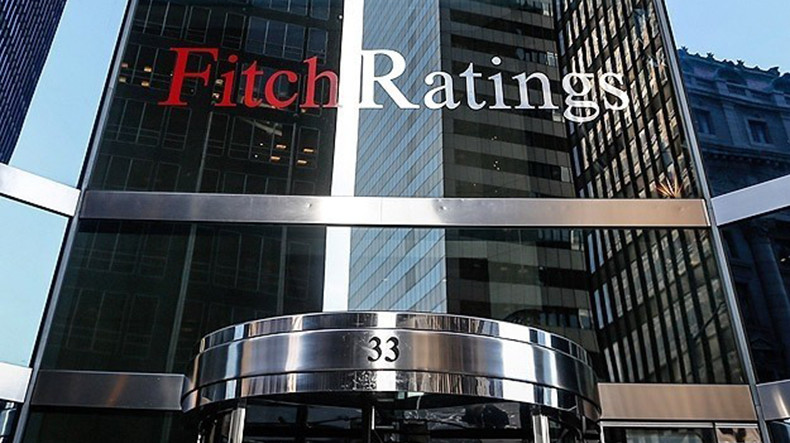
Fitch affirms Armenia at 'B+'; outlook stable
Fitch Ratings has affirmed Armenia's Long-Term Foreign and Local Currency Issuer Default Ratings (IDRs) at 'B+' with stable outlook. According to the release issued by the statistical rating organization, the issue ratings on Armenia's senior unsecured Long-Term Foreign Currency bonds have also been affirmed at 'B+'. The Country Ceiling has been affirmed at 'BB-' and the Short-Term Foreign Currency and Local Currency IDRs at 'B'.
As explained by the organization, Armenia's ratings are supported by higher income per capita, human development and governance indicators than peers, a credible monetary policy framework and the extended maturity profile of public debt. At the same time, the organization
points out the ratings are weighed down due to the high net external debt, high fiscal deficits leading to a rising debt burden, a highly dollarised banking sector and tensions with some neighbouring countries.
“Growth has weakened, as Fitch estimates 0.8% growth in 2016 reflecting weak domestic demand, partly as a result of lower remittances inflows. Growth will increase gradually in 2017 and 2018, reaching 2.1% and 3.1%, respectively, driven by the expected recovery in the Russian economy and moderate recovery in commodity prices. Fiscal consolidation in 2017 creates risks for Armenia's recovery path,” runs the release.
Fitch notes that Armenia’s debt surpassed 50% of GDP in 2016, the government has to target a deficit of less than 3% of the previous three years' average GDP to comply with the Law of Public Debt. The approved 2017 budget targets a deficit of 2.8% of GDP supported by revenues from tax code reform and reduced foreign-financed project execution.
The rating organization forecasts a higher deficit of 3.7% of GDP, as growth will recover only gradually and current expenditure is unlikely to decline relative to GDP. The authorities face the challenge of maintaining confidence in the sustainability of public finances while containing the impact of consolidation measures on economic activity, which could undermine revenue performance.
“As a result of the December 2015 referendum, Armenia is currently in transition from a presidential to a parliamentary system. The country will hold parliamentary elections in April 2017. Fitch does not expect material changes in the direction of economic policy. After the short-lived armed escalation in April 2016, the 'frozen' conflict with Azerbaijan regarding the disputed Nagorno-Karabakh region has returned to its previous state of low level sporadic clashes,” says the organization.
Newsfeed
Videos






























